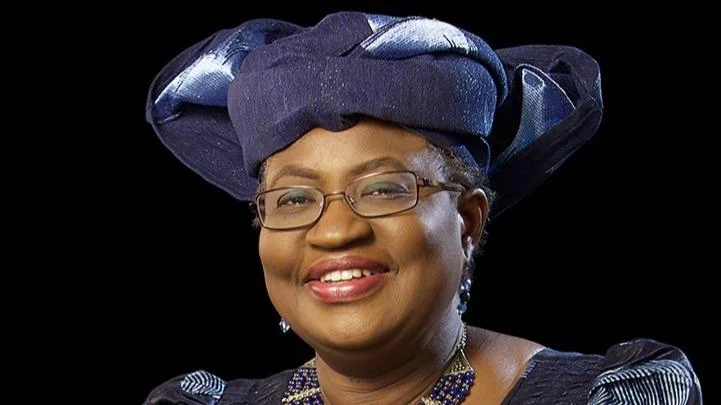Ambassador Dwarka-Canabady addressed a Heads of Delegation meeting, the third since the formal dispute settlement reform process began earlier this year. "We know what we need to do," she stated. "We know we have to accelerate work. We need to find the best way of doing that to keep the process inclusive."
Based on reports from co-convenors on their technical discussions, Ambassador Dwarka-Canabady noted emerging elements of convergence on accessibility but indicated that appeal/review might require more time.
"Members seem to be generally satisfied that the process has been inclusive and transparent," she said. "But we need to accelerate the discussions because we need to start thinking about the timeline for delivery."
At their 12th Ministerial Conference (MC12) in June 2022, WTO members agreed to develop a fully functioning dispute settlement system accessible to all members by 2024. This commitment was reaffirmed at MC13 earlier this year.
Appointed as facilitator in April, Ambassador Dwarka-Canabady has held regular meetings with six co-convenors assisting her in coordinating work and understanding member positions on various subjects discussed.
"We need to ensure that all members feel heard and are comfortable with the process," she emphasized.
The facilitator has encouraged monthly Heads of Delegation meetings and periodic expert-level meetings, including virtual participation.
Ms Jessica Dickerson (Australia), reporting for the co-convenors, mentioned that technical-level transparency meetings on appeal/review and accessibility were held in July. A second transparency meeting is scheduled for 19 July.
In response to a request from Ambassador Dwarka-Canabady, co-convenors will circulate a new draft technical work plan for September through December 2024.
On appeal/review, Ms Dickerson reported discussions on sub-topics such as reducing incentives to appeal, clarifying adjudicator expectations, form of mechanism, and access. A document outlining these topics will be shared with members before September's discussions resume.
Mr David Stranger-Jones (United Kingdom) reported significant participation from developing economies and least developed countries during two technical sessions on accessibility. Discussions focused on capacity building, technical assistance, litigation costs, and other concerns previously reflected in informal processes' draft consolidated text.
Approximately 20 delegations commented after co-convenor reports, some representing groups of members.
Ambassador Dwarka-Canabady proposed skipping September's scheduled Heads of Delegation meeting to allow more time for substantive work by technical experts. The next meeting is now set for 17 October.
___

